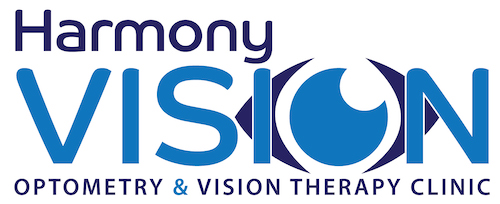How to enhance your baby’s eye and visual development
Your baby’s eye & visual development
Vision is our most precious sense, yet an infant’s vision is much less developed at birth than their other senses, such as smell. Therefore, it is vital that parents and caregivers provide the right environment to help their baby’s visual system to develop and mature. Many parents worry about motor development of their child, yet most don’t realise that there is also very important motor development occurring in the eye muscles too.
Things about your child’s eyes you can’t afford to miss….
Questions to Ask to Avoid Assuming that Vision is “fine”.
Can you afford to assume your child’s vision is fine? It is not easy to know whether a child has a vision problem. That is because sight is not the same as vision. A child may have perfect sight, yet poor vision. Understanding the difference can be complex and confusing, but to give yourself an idea of whether your child may have a hidden vision problem, first ask yourself the following ten questions:
Kid’s Eyeglasses – What Should You Look For?
What if they lose them? What if they break them? Will they be comfortable in them? Will they get used to looking through prescription lenses? What happens if they don’t wear them? And….will they like them?
Eye Hand Coordination – Part of Preschooler Readiness
Handy Hints about Eye Hand Coordination
By now your child should be taking an interest in drawing and colouring. “Prep readiness” means that your child should be able to draw basic shapes such as squares and triangles. Don’t pressure tham to do these things – anxiety will cause them to lose interest quickly. Just observe them whilst you sit working together. If your child continues to avoid pencil paper tasks, cannot draw basic shapes, or holds their head at a strange angle, you should have their vision assessed.
Tips for a Healthy Desk Space
Human growth should be an inherently balanced process. Your body will adapt or grow along lines of stress. This means that if a person spends hours of their day in certain postures, their growth can become asymmetrical or unbalanced. In the short term, this requires more energy and increases fatigue. Long term effects of poor ‘ergonomics’ include poor posture and vision problems. Ergonomics is the science of designing a workplace to fit the user in order to prevent repetitive strain, fatigue and long term disability.
